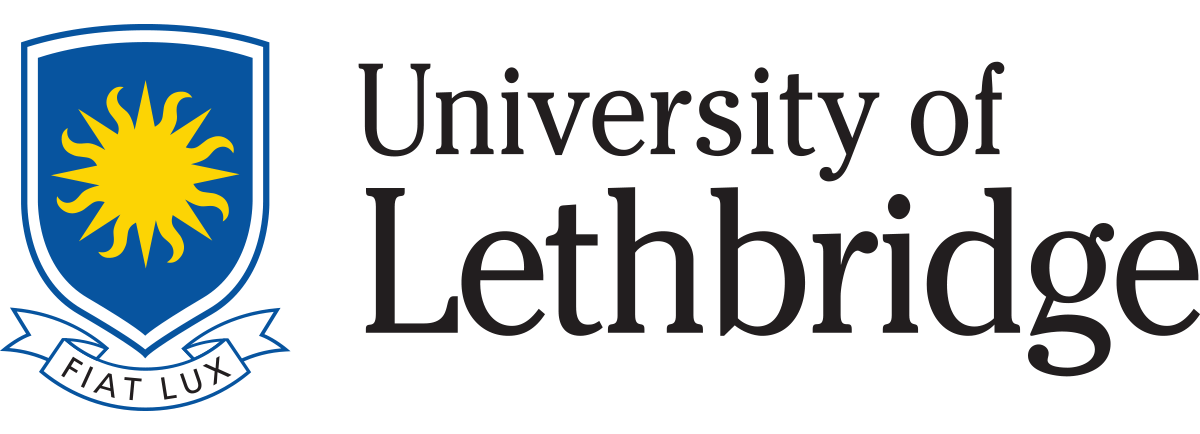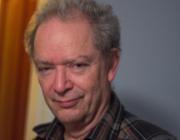I work in three main areas: history and philosophy of physics (and some related problems in the metaphysics of time); philosophy of ecology and the environment; and logic. I’ll briefly sketch my involvements in each of these areas; see the other pages in the "Research" section of this site for more detail.
My PhD dissertation (Philosophy, University of Toronto, 1991) was an unorthodox take on the challenge posed to relativity theory by quantum nonlocality. I have published a number of papers in the philosophy of physics, and my little history of quantum mechanics, Quantum Revolution, was recognized by Choice as one of their “Outstanding Academic Books” for 2008. I have also explored different conceptions of simultaneity that could more adequately represent quantum nonlocality than the notions of simultaneity currently recognized in spacetime theory.
A teaching assignment in environmental ethics when I was a graduate student reawakened a strong interest in environmental philosophy, and this in turn led to an inquiry into the nature of symbiosis and its relationship to the notion of sustainability. In 1996 I published a text, Living With the Earth: An Introduction to Environmental Philosophy. I’ve published several papers on the philosophy of ecology and co-edited an anthology (2011) on this topic. Recently I have devoted a lot of attention to the related problems of climate change and energy.
My work in logic has grown out of my regular teaching assignments in symbolic logic. I did not think of myself as a specialist in logic, but after some years of teaching a subject, one naturally tends to work out one’s own ways of explaining certain things and doing certain kinds of problems. I hit upon novel techniques for doing proofs in predicate logic that involve what are called denoting phrases—expressions such as “a cat” or “the first book I wrote.” (My approach is in essence a simplified version of Hilbert’s epsilon calculus.) Over the years a set of informal course notes has gradually evolved into a text with the working title Basic Symbolic Logic, and I am now working steadily (well, as steadily as I can) on completing this book.
At first glance the esoteric puzzle of quantum nonlocality may seem to have very little to do with the pressing questions surrounding energy, climate, and ecological sustainability that are now the most immediately urgent items on humanity’s agenda. However, in my view, fundamental physics is utterly relevant to human sustainability. Why does a complex global society of over seven billion persons still depend for 85% of its energy on a rapidly dwindling and one-time-only supply of combustible toxic sludge that accumulated in long-ago anaerobic basins? Political, economic, and social inertia have played an important role in bringing us to this precarious state, but a major problem as well is that until very recently we have had no alternative means of powering our world. Rapid progress in renewables (notably solar and wind power) offer genuine hope that humanity can get off fossil fuels before the ice caps collapse, but the long-term survival of complex human society demands that all options be explored. Quantum nonlocality is one of the most important features of the physical world, but we do not have anything close to an adequate understanding of it. Who knows what the practical implications might be if we understood it better than we do now? It’s not just a question of finding sources of energy; the central problem is that one of the necessary conditions for long-term human survival and flourishing is that we have a far more secure and principled grasp of how the physical world works than we do now. We humans depend upon our intellectual grasp of the biophysical world the way that birds of prey depend upon their eyesight, but a complex of social factors sometimes (especially during times of crisis) interferes with our ability to generate the vision we need. So my interest in certain abstruse problems in the foundations of physics is very relevant to my compelling interest in doing whatever I can to understand the possibilities for human survivability.
And as for the logic (!)—to an important extent I work on it because it is my day job. I doubt that my modest notational innovations are going to help much to prevent the ice caps from melting. However, anything we can do to improve the clarity and efficiency of our thought has to be a step (however small) in the right direction.
References
Kent A. Peacock (1996). Living With the Earth: An Introduction to Environmental Philosophy. Toronto: Harcourt Brace Canada.
Kent A. Peacock (2008). The Quantum Revolution: A Historical Perspective. Westport, CT: Greenwood Press.
Kevin deLaplante, Bryson Brown, & Kent A. Peacock (eds.) (2011). Philosophy of Ecology. Amsterdam: Elsevier.
Kent A. Peacock (2018). Quantum Heresies. London: College Publications.
— Most recent update, September 15, 2019.


